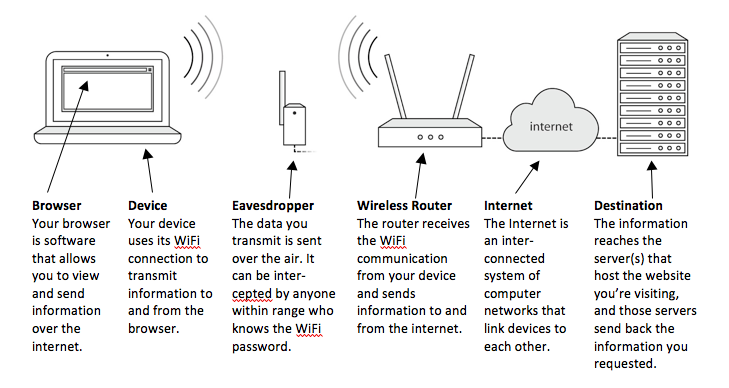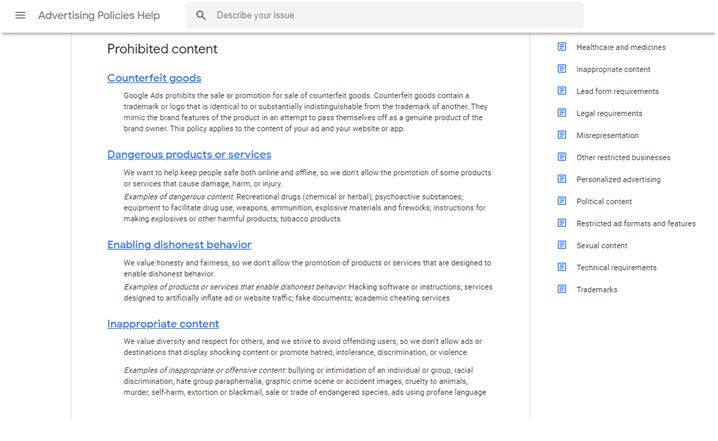All Categories
Featured
Table of Contents
- – Who Is The Most Trusted Semantic Seo Techniques
- – What Is The Top Semantic Seo Optimization Tool...
- – Who Is The Most Trusted Semantic Content Opti...
- – Which Is The Premier Seo With Semantic Search...
- – Who Is The Top Semantic Seo Strategies Compa...
- – What Is The Top Semantic Seo Tools
- – What Do Semantic Seo Audits Services Include?
The web is transforming, coming to be extra and more semantic. SEO is likewise transforming and coming to be much more semantic. This is because internet search engine have actually advanced and are relocating a growing number of towards reviewing material online. Obviously, that has actually likewise transformed the means we produce web content, especially if we want to rank better in the online search engine.
, the leader of the Net, mentioned to represent the concept that all things in the cosmos are deeply interconnected. Intertwingularity is not normally recognized, individuals keep pretending they can make things deeply ordered, categorizable and consecutive when they can not. Whatever is deeply intertwingled. Based upon the connections between search purposes, the internet search engine prefers a content ready by calculating the range in between the vectors of meaning.
It allows you to see, starting from a topic, all the entities that belong to that topic. This method you can plainly see which entities/concepts/ideas have currently been covered on your internet site, and you can uncover brand-new chances by understanding what material you can include and just how to create it.
Who Is The Most Trusted Semantic Seo Techniques
It has the ability to make your content reasonable for internet search engine on the one hand and for your audience on the various other. Structuring your material version highlights your content and its hidden relationships so that search engines can recognize you among thousands of pieces of info, making you more visible to users who fulfill the search intent relevant to your company.
In semantic search engine optimization copywriting, an editor begins with a broader variety of subjects and tailors the web content to include semantically relevant terms and expressions that help viewers recognize a subject, comparable to reading material in a wiki. From a content composing perspective, one practical way to do this is to develop a vocabulary of terms and inquiries bordering your target topic.
What Is The Top Semantic Seo Optimization Tools Brand To Buy
Discover more regarding by watching the by!.

Semantic search refers to the process of just how search engines understand and match keyword phrases to a searcher's intent in natural search outcomes. Before semantic search, online search engine like Google operated like matchmakersaligning details words in your question with those precise words on pages. The outcomes were simple yet often lacked deepness.
Who Is The Most Trusted Semantic Content Optimization
It enables Google to offer fast, exact responses to search questions about real-world topics. When you kind a query word right into Google, you're not simply entering a series of words.
When you browse for "Apple," Google does not just see a word that defines a fruit. It recognizes Apple as a business and can give associated info. It was Google's solution to the increase of voice searches, where inquiries became much more conversational and nuanced.
Which Is The Premier Seo With Semantic Search Service?
By incorporating NLP, Hummingbird permitted Google to move beyond plain keyword matching. It aided the online search engine comprehend search intent, enhancing the chances that results would accurately match the reason behind a customer's search. As the third essential ranking element after content and web links, RankBrain has actually enhanced Google's semantic search capacities to understand the significance of search inquiries.
Making it extra efficient at dealing with never-before-seen search questions. RankBrain takes into consideration more than simply search phrases when analyzing a search inquiry.
So it brings outcomes that match the keyword phrases and straighten with the general intent of supplying young puppy training recommendations. And if the individual regularly looks for dog-related material, Google may focus on much more comprehensive training guidesrecognizing the customer's continuous interest in the topic. Incorporating technologies like the Knowledge Chart, Hummingbird, and RankBrain, semantic search assists the Google formula translate and link data throughout a substantial internet of info.
Who Is The Top Semantic Seo Strategies Company?
The emphasis changes from keyword choice to a holistic strategy including individual intent, topical significance, and overall individual experience. Producing content that attends to the searcher's demands with thorough information can boost your SERP rankings. Below, we lay out the trends and methods that combine the demand for semantically educated content. Later on, we provide actionable tips to transform these insights right into best practices.
And sort of content can best please their requirements. A broader strategy to material aligns better with semantic search's change away from precise search phrase matching and toward customer intent. Which explains the raised emphasis on topic collections, rather than private key phrases. Web content that covers search inquiries more completely not just pleases individuals.
UX aims to produce a visually enticing, straightforward interface with appealing, high quality content that encourages site visitors to stay. Semantic search technology allows search engines to aim for outcomes that offer the ideal possible UX.
What Is The Top Semantic Seo Tools

All display Google's capability to attend to a topic question thoroughly. By comprehending the context and intent behind customer questions, search engines can deliver extra appropriate info and possibly boost customer engagement. Customization in search results makes for better UX.Based on your past search history and choices as an individual, semantic search helps internet search engine customize the results to match your distinct needs and rate of interests.
It brings results that match the key phrases and straighten with the total intent of giving pup training recommendations. And if the user regularly looks for dog-related material, Google might focus on much more detailed training guidesrecognizing the user's continuous passion in the subject. Combining technologies like the Understanding Graph, Hummingbird, and RankBrain, semantic search assists the Google algorithm interpret and link data across a huge web of details.
What Do Semantic Seo Audits Services Include?
The emphasis changes from keyword choice to an alternative strategy incorporating user intent, topical significance, and total individual experience. Developing web content that resolves the searcher's requirements with comprehensive info can improve your SERP positions.

And type of web content can best satisfy their requirements. A broader approach to content aligns better with semantic search's change away from exact search phrase matching and toward user intent. Which describes the increased concentrate on subject clusters, rather than private keywords. Content that covers search questions more completely not just pleases users.
UX aims to develop an aesthetically appealing, straightforward user interface with engaging, high quality content that encourages site visitors to remain. Semantic search technology allows search engines to aim for outcomes that give the finest feasible UX.
All display Google's capacity to attend to a subject inquiry thoroughly. By understanding the context and intent behind individual queries, search engines can supply much more relevant details and possibly increase user engagement. Personalization in search results page creates better UX.Based on your past search background and preferences as a user, semantic search aids internet search engine customize the results to fit your special requirements and passions.
Table of Contents
- – Who Is The Most Trusted Semantic Seo Techniques
- – What Is The Top Semantic Seo Optimization Tool...
- – Who Is The Most Trusted Semantic Content Opti...
- – Which Is The Premier Seo With Semantic Search...
- – Who Is The Top Semantic Seo Strategies Compa...
- – What Is The Top Semantic Seo Tools
- – What Do Semantic Seo Audits Services Include?
Latest Posts
The Leading Semantic Search Algorithms Service?
Whats The Most Suitable Tools For Semantic Seo To Buy
Who Is The Top Implementing Semantic Seo Company?
More
Latest Posts
The Leading Semantic Search Algorithms Service?
Whats The Most Suitable Tools For Semantic Seo To Buy
Who Is The Top Implementing Semantic Seo Company?